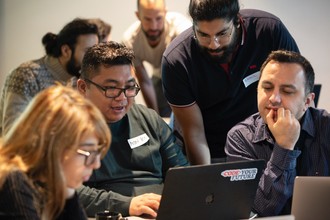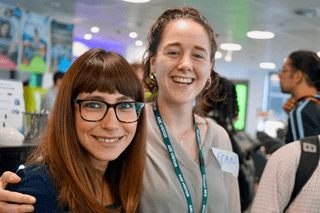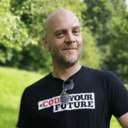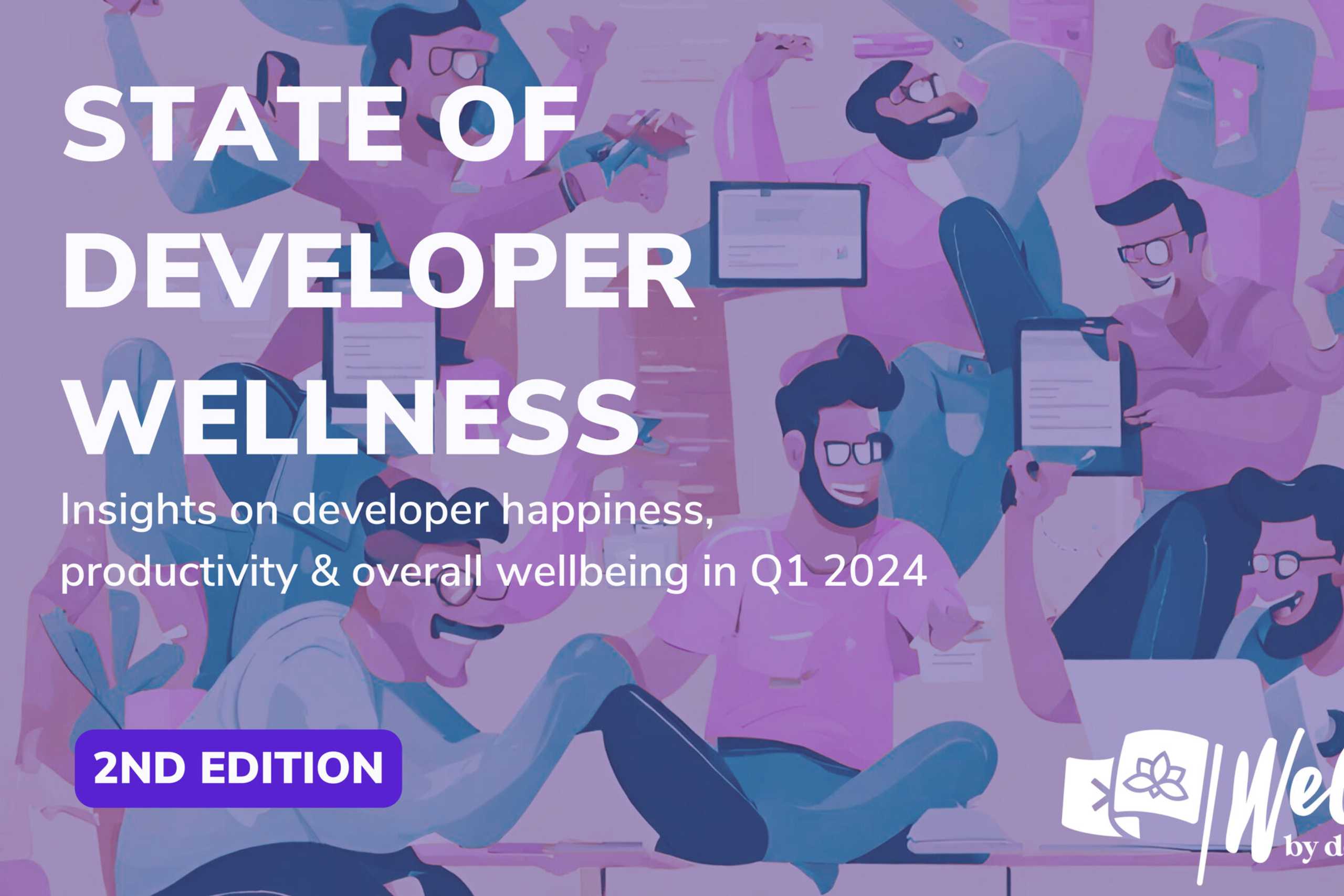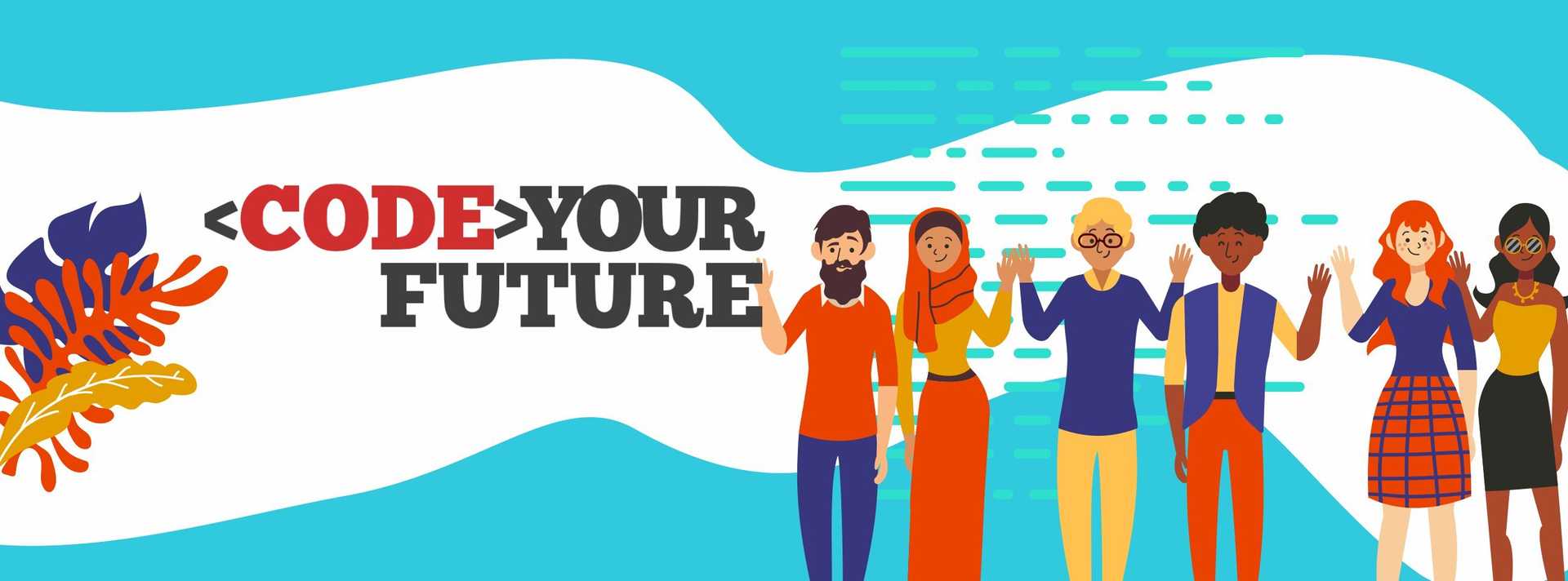
May 22, 2020
CodeYourFuture is a non-profit organisation supporting anyone who can’t get the vocational training they need to find meaningful work. Refugees, asylum seekers and other disadvantaged people – those below the poverty line, single parents on a low income, those with mental, learning or physical disabilities. They strengthen their students’ professional skills, teach them the fundamentals of the web, powerful modern languages such as javascript, and web application back-end development. After that, they help their students find jobs in the tech industry.
We reached out to Alec McCrindle and had an insightful chat about the mission of CodeYourFuture, and also had the opportunity to speak with some of the students there.
How do you run courses and programming lessons?
We run weekly classes that follow a curriculum that takes our students from limited programming knowledge through to becoming a junior developer. Between classes, our students complete coursework which is reviewed by professional developers. All of our classes are developed and delivered by volunteers. For anyone interested in attending our courses, here are some more details, the agenda of an average class and also the guide we have created for online teaching.
What are the criteria for someone to participate in your courses?
We accept anyone who can’t get the vocational training they need to find meaningful work.
Refugees, asylum seekers and other disadvantaged people, those below the poverty line, single parents on a low income, those with mental, learning or physical disabilities. Anyone who can’t go to a bootcamp, for financial or other reasons.
We also asked Ellie, Constantin and Yohannes about their background:
Ellie: I have a bachelor of electrical engineering from my home country, I didn’t have any software engineering experience before CodeYourFuture.
Constantin: I worked in a magazine designer role and later switched to photography.
Yohannes: I graduated with a Computer Science degree in 2010 in Sudan. I loved working with a team and solving problems and coming up with solutions. After I arrived in the UK, I started working part-time and doing a web development course at CodeYourFuture. After completing my course, I will be ready to take my career to the next level.
Why did you choose to learn how to code? What’s the most fun thing about coding?
Ellie: Since I was a student, I was interested in software engineering because I was studying telecommunications engineering. I can understand electrical signals or electromagnetic waves, but I wanted to do something that I can see instant results like coding and creating something. The most fun thing about coding for me is solving the problems, I love math and coding is like math for me. With coding whatever you are interested in (like making web pages or applications or animations..) you can read about them and immediately start to practice.
Constantin: Technology becomes more and more important. It is part of every industry. I wanted to start programming because of 3D. Still, at CodeYourFuture, I found that creating code feels like a creative task and it can be very satisfying, especially when you think that it can be applied everywhere. The feeling you get from developing websites, apps, marketing tools for anything you like. I find it very funny, when you think that so many people are scared of code and they prefer to study sometimes much more complex interfaces, and you feel like you’re a keeper of secret knowledge.
Yohannes: I have been passionate about technology and information technology since I was 12 years old and that is why I have done a degree in computer science. I would love to pursue a career in software debugging and programming. I would say the most fun about coding is learning new concepts, and it is not boring at all.
What does your team look like?
We have a small global team and organizers in each region we serve. These are the West Midlands, the North West, Scotland and Greater London, Rome and soon, Cape Town and Tunis. We have volunteer teams that look after education, personal development, outreach and a tech team that works on systems and projects.
How can someone contribute to CodeYourFuture?
There are two ways to contribute. Firstly, through corporate partnerships to help us bring a new range of courses to more disadvantaged people than ever before. As part of any sponsorship, there are opportunities for personalized volunteer experiences for employees, for branding, PR, and a recruitment pipeline to diversify workforces.
Then, we also have individual volunteers. We have an opportunity to help a lot of people learn a valuable skill, at a time when they need it the most. We’re looking for coding teachers, mentors, marketing experts and many more. You don’t need any experience – and non-tech folks are welcome too! Our website has more details about the roles and how to sign up. If people are unable to volunteer – maybe they know someone who may be interested?
What’s your vision for your students after they graduate from CodeYourFuture?
For them to lead thriving lives! That starts with a job as a developer in a company that will support their growth. Some graduates may continue their studies – we can help them find full-time learning opportunities too. We aim to support them through the community for as long as they need. Many graduates come back to CodeYourFuture as volunteers, which is an amazing cycle.
Going back to the students, to see this from their view, what kind of a career would you like to have in 5 years? What would you like to have accomplished by then?
Ellie: If I work continuously and I don’t have any distractions in my life I would say I want to be in the first 10 companies in the world or lead one of the banks of London.
Constantin: I also study Augmented Reality, and some companies see the development of web technologies being towards a Virtual World. I try to prepare myself for that. Also, I am interested in Digital Twins, BIM models, visual effects and game development, and 3D printing. Of course, until I reach that I will probably be doing layouts for sites like I did for magazines. I think I have enough courage to start building apps or games for myself or for a small company. I want to add some more languages to my skill set, I think Python and C++.
Yohannes: In five years, I would like to be a more professional and senior developer in one of the top banks, and play a key role in optimising and improving their software systems. During these five years, I would like to accomplish advanced courses in network and system security.
How many students have graduated from the program so far and where are they from?
During the last 3 years that we operate, over 100 students from around 30 countries have graduated from our program. This year alone, another 100 should graduate. We’re planning classes in Cape Town at the moment!
So, what have actually been the biggest obstacles for the students during their training program?
Ellie: I think the biggest obstacle during my training program is self-confidence… because sometimes I feel I lose myself.
Constantin: Working. When I first moved to the UK I had to work as a freelance photographer, as that is what I am best at. But sometimes you need to work a lot or in night shifts.
And of course, COVID and lockdown. On the other side, that has been a great opportunity to have enough time to study and be with my new-born daughter.
Yohannes: The biggest obstacle I have faced during the training program has to do with finding the self-esteem to ask questions on the main slack channel. After having a face to face chat with my personal development mentor, I have improved my confidence skills a lot.
How many people are involved in running the school and doing the teaching?
Dozens of core volunteers and well over 100 occasional volunteers. Doing the following:
Education – they create and deliver teaching content. They also mentor and guide our students through the course
Outreach – Find new volunteers and students, contact employers and other NGOs – do marketing related work
Personal Development – Develop our students soft-skills and personal support through the course
Tech Team – supporting grads who need to practice on live projects for CodeYourFuture.
Has the Covid-19 outbreak affected your program? Are you planning to pivot any of your activities?
We operated in a hybrid fashion before the pandemic, so it wasn’t too difficult to move the classes online. One of the main challenges has been maintaining the strength of the community. We are like a big family, and we miss each other! We’ve been organizing different social activities; there are tea breaks, remote game nights, and some enthusiastic students and volunteers have a weekly exercise session!
The critical pivot has been at a volunteering level. As we’re entirely remote, we’re able to include volunteers from anywhere. We have people joining from the US, Costa Rica and Lebanon – helping with all aspects of our program. It’s been incredible to see all these new people get involved. You can join too!
What kind of skills have you managed to develop while in coding school? Except for coding skills, what would you say you gained from this program?
Ellie: Practicing continuously, time managing, self-confidence – I changed my lifestyle.
I manage my time more than before, even if I feel I can’t. I try again and don’t lose my confidence, and don’t let conditions keep me down. CodeYourFuture helped me to be more serious about coding and changing my lifestyle. To remove anything else which is not important.
Constantin: When I first came to CodeYourFuture, I was like an alien just landed from another planet. You first see a lot of people in the same situation from countries of which existence you do not even know, and a volunteer starts breathing exercises. And you realize ”ok we all breathe in the same way!”
Now in the middle of the course, we are all friends, having fun on morning CYF energizers, evening Javascript calls and coffee-breaks. I feel like I know people from every tiny place on earth. And all that in one place.
Yohannes: One of the important skills I have gained during the programme are soft skills – such as team-working, task prioritising and effective time management. The soft skills we have learned have been very effective in improving our learning ability.
And a final question for Ellie, Constantin and Yohannes, what kind of advice would you give to your younger self or to another refugee thinking of getting an education in programming?
Ellie: You need to want it badly and to change your lifestyle until you get what you want. You also need at first to have someone like CodeYourFuture to show you the best way to reach your goals. Constantin: Do not procrastinate. Time is money; start now. Click that apply button!
Yohannes: I would recommend him/her to join CodeYourFuture in becoming a developer.
Special thanks to Alec from CodeYourFuture, who helped us through this interview. You can reach out to the team and get to meet them too, on twitter or Facebook.
Contact us
Swan Buildings (1st floor)20 Swan StreetManchester, M4 5JW+441612400603community@developernation.net